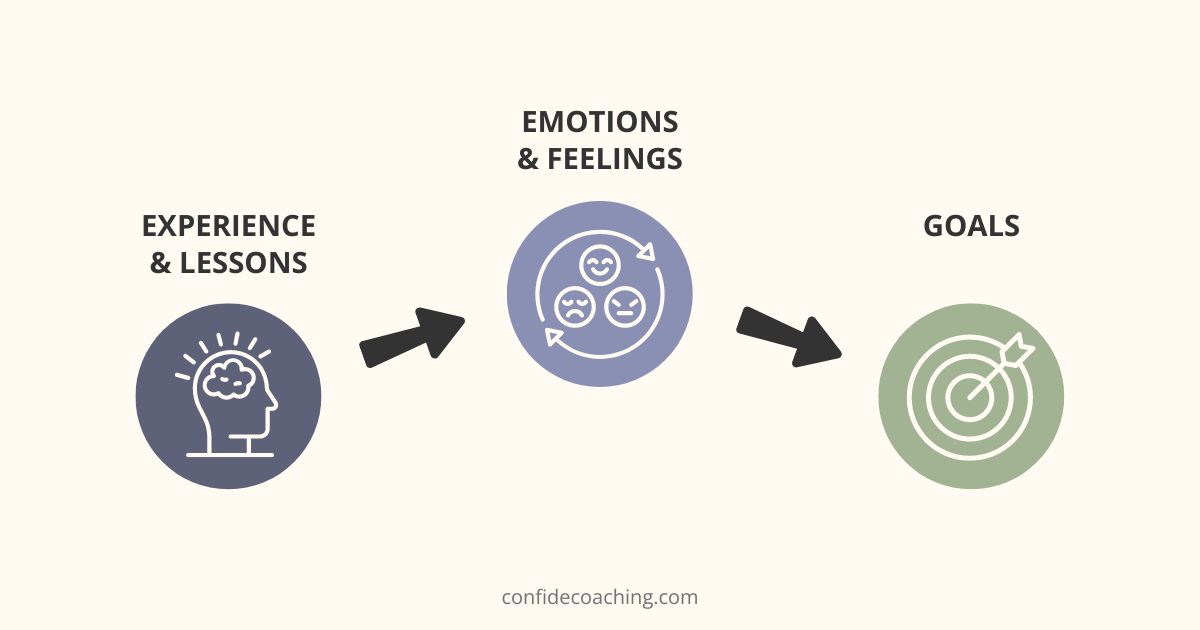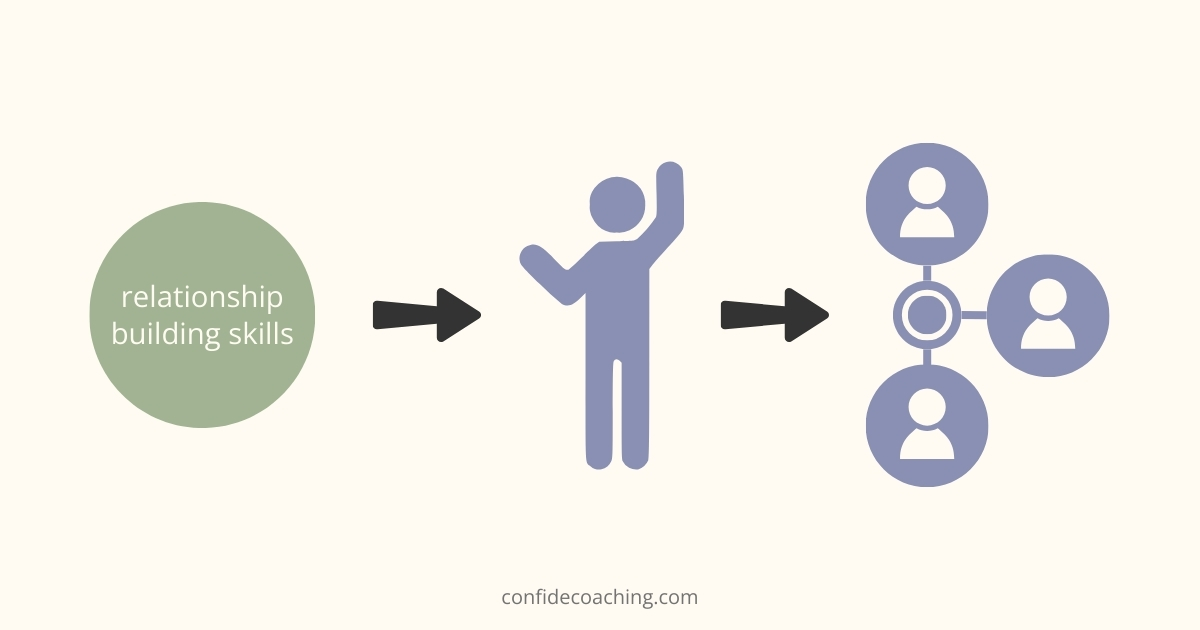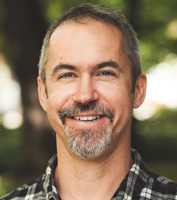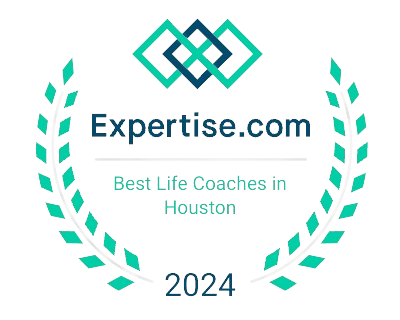
As the year ends, it’s a perfect time for reflection, a chance to look back and glean insights for personal growth. In the fast pace of life, we often miss the lessons hidden in our experiences and the evolution of our relationships. The end of the year offers a pause, a moment to explore these aspects deeply.
In this article, we focus on the transformative power of introspection. We will explore three thought-provoking questions that everyone should ask themselves at year’s end. These are not just queries about the past but tools to illuminate your future, aligning with your personal values and goals.
Approach these questions with openness and curiosity, ready to delve into your experiences and aspirations. This exercise is a journey towards deeper self-understanding and a foundation for a fulfilling year ahead. Let’s begin this reflective journey, uncovering the lessons and choices that have shaped your year and will influence your future.
I. What Were My Most Valuable Lessons This Year?
Exploring Personal Growth:
As we embark on this journey of reflection, the first pivotal question to ponder is: What were my most valuable lessons this year? Each year is a mosaic of triumphs and trials, and within each piece lies a lesson waiting to be discovered. Reflect on the challenges you faced over the past twelve months. What hurdles did you overcome? What situations tested your resilience or patience? Equally important are the successes – those moments of achievement and joy. Recognize that both your successes and failures are fertile ground for personal growth.
Understanding that every experience, whether perceived as good or bad, contributes to your personal development is crucial. A difficult situation teaches resilience, a mistake fosters learning, and success builds confidence. This holistic view transforms your perception of the year, allowing you to see every experience as a valuable part of your growth journey.
Emotional Resonance:
To deepen this reflection, connect with the emotions tied to these experiences. How did you feel during these significant moments? Perhaps a challenge left you feeling frustrated but ultimately led to a sense of accomplishment. Maybe a success brought joy but also a hint of surprise at your own capabilities. Writing down these significant moments and the emotions they evoked can be incredibly insightful. This exercise isn’t just about listing events; it’s about understanding your emotional journey through the year and how these experiences have shaped your feelings and responses.
Actionable Steps:
Now, let’s turn these reflections into actionable steps for the upcoming year. Based on the lessons you’ve identified, set specific, achievable goals. If resilience was a key lesson, consider how you might continue to build this in the new year. Could you take on a new challenge that pushes you out of your comfort zone? If learning from a mistake was a significant lesson, think about ways to apply this newfound knowledge to future endeavors.
Setting goals based on your lessons ensures that your actions are rooted in personal growth and experience. It’s about moving forward with intention, using the past year’s lessons as stepping stones to a more aware and fulfilling future. Remember, these goals should be realistic and aligned with your values, setting you up for a year where growth is not just an aspiration but a tangible reality.

II. How Have My Relationships Evolved and What Have They Taught Me?
Assessing Personal Connections:
The second profound area for year-end reflection lies in the realm of relationships. Relationships, whether with family, friends, colleagues, or even acquaintances, play a pivotal role in our lives. They can be sources of joy and support, but also of challenge and growth. Take a moment to evaluate how your relationships have evolved over the year. Which connections have strengthened, and which have faded? Have new relationships brought unexpected joy or learning? Conversely, consider if there were relationships that brought difficulty or pain.
Reflect on the impact these relationships have had on your personal wellbeing and growth. A supportive friendship might have provided a safe space for you to explore new aspects of yourself, while a challenging relationship might have taught you about patience or the importance of setting boundaries. Understanding the role each relationship has played in your life helps you appreciate their value, regardless of whether the impact felt positive or negative at the surface.
Emotional Depth:
Now, delve into the emotional depth of these relationships. How have they affected your emotional health? This reflection requires honesty and vulnerability. Acknowledge feelings of gratitude for those who have supported you, and also recognize feelings of hurt or disappointment where expectations weren’t met. This is also a time to consider forgiveness and understanding, both for others and yourself. Reflecting on these emotions is not about assigning blame but about understanding your emotional responses and learning from them.
Future Relationships:
Looking forward, think about how you want to nurture your relationships in the coming year. What intentions do you want to set for your interactions with others? This might involve improving communication, showing more empathy, or being more assertive about your boundaries. Consider strategies that can help you build stronger, more meaningful connections. For instance, you might commit to regular check-ins with close friends or family, practice active listening, or learn to express your needs and feelings more clearly.
Setting intentions for your relationships is about consciously shaping how you interact with others. It’s an acknowledgment that while you can’t control every aspect of your relationships, you can influence them through your actions and attitudes. By doing so, you create an environment where your relationships can grow in healthy and fulfilling ways, contributing positively to your life and the lives of those around you.

III. What Am I Leaving Behind, and What Am I Carrying Forward?
Letting Go:
The final, yet equally crucial question to ponder as the year concludes is: What am I leaving behind, and what am I carrying forward? This question invites you to engage in the powerful process of letting go and embracing new beginnings. Begin by identifying the habits, thoughts, or beliefs that have not served you well. These could be self-limiting beliefs, negative self-talk, unproductive habits, or even old grudges. Recognizing these elements is the first step toward releasing them.
The process of letting go is deeply emotional and often challenging. It involves acknowledging that certain aspects of our lives are no longer beneficial to our growth. This realization, while difficult, can be incredibly liberating. Letting go creates space for new experiences, thoughts, and habits that better align with who you are and who you aspire to be. Embrace this process as an opportunity for renewal and transformation.
Embracing the Future:
As you consciously decide what to leave behind, also turn your attention to what you wish to carry forward. Reflect on the strengths, skills, and positive habits you’ve developed. Maybe you’ve become more resilient, learned a new skill, or cultivated a positive mindset. Recognizing and appreciating these attributes is crucial as they form the foundation upon which you can build in the new year.
This forward-thinking approach is not just about setting goals; it’s about acknowledging your growth and using it as a springboard for future success. Consider how you can apply these strengths and skills in the coming year. This might involve setting new challenges for yourself, exploring opportunities for further development, or simply continuing to nurture these positive aspects of your life.
Balancing the Past and Future:
Finally, find a balance between learning from the past and moving forward. While it’s important to reflect on the past year and take lessons from it, it’s equally important not to dwell on it. Use mindfulness and presence as tools to maintain this balance. Mindfulness encourages you to live in the present moment, appreciating your current experiences and lessons without being weighed down by past regrets or future anxieties.

Balancing the past and future is like walking a tightrope where mindfulness is your balancing pole. It helps you stay centered and focused, ensuring that while you learn from the past, you are not hindered by it. As you step into the new year, carry this balance with you, allowing it to guide your journey toward a more fulfilling and enriched life.
As we wrap up this reflective journey, it’s clear that the three questions we’ve explored are more than just end-of-year musings. They are powerful tools for personal development, each serving as a beacon that guides us through the complexities of our experiences, relationships, and aspirations. By asking ourselves what lessons we’ve learned, how our relationships have evolved, and what we choose to leave behind and carry forward, we engage in a process of deep self-exploration and intentional growth.
These questions are not always easy to answer, and the reflections they prompt can sometimes be challenging. However, the insights gained are invaluable, offering a clearer understanding of who we are and who we want to become. I encourage you to take the time for these reflections, to sit with the questions, and let them resonate with you. The end of the year is a natural time for such introspection, but the potential for transformative growth that they offer is boundless and not confined to any calendar.
As you step into the new year, carry with you the lessons, insights, and intentions you’ve uncovered. Remember, personal development is a continuous journey, one that is as rewarding as it is challenging. May the new year bring you further along this path of self-discovery and growth, and may it bring you closer to a life that resonates deeply with your truest self.

Paul Strobl, MBA, CPC
Owner of Confide Coaching, LLC
Paul is a Master Life Coach for individuals, executives and business owners. Originally from Houston, Texas, he has been location independent for most of his adult life. He currently resides in the Rhodope Mountains of Bulgaria near the Greek border with his brilliant wife, 13-year-old stepson (officially adopted in 2021!) and a Posavac Hound rescue.

